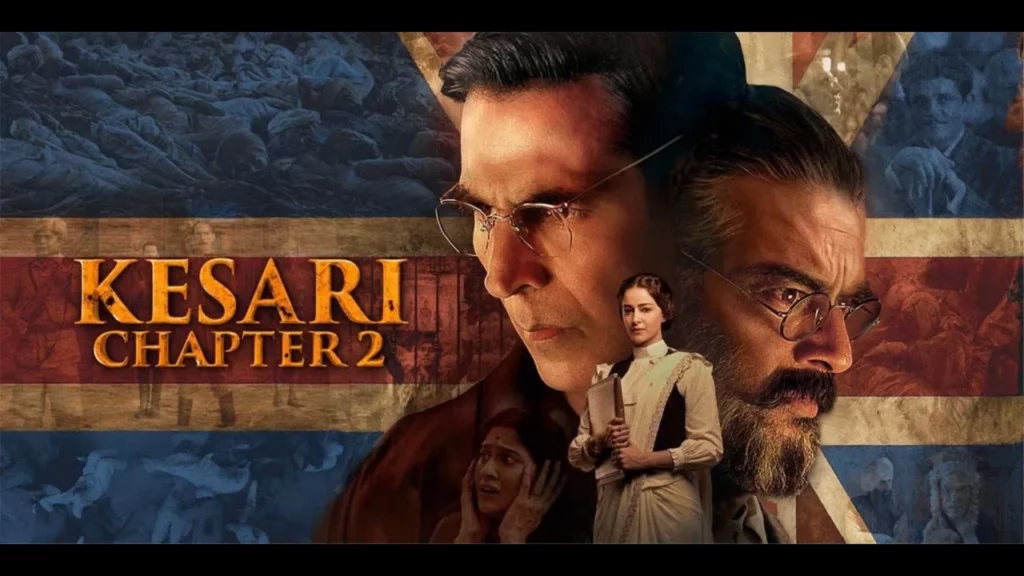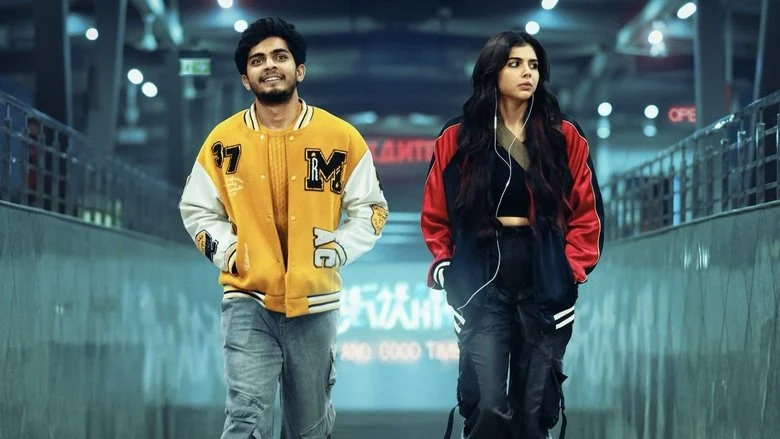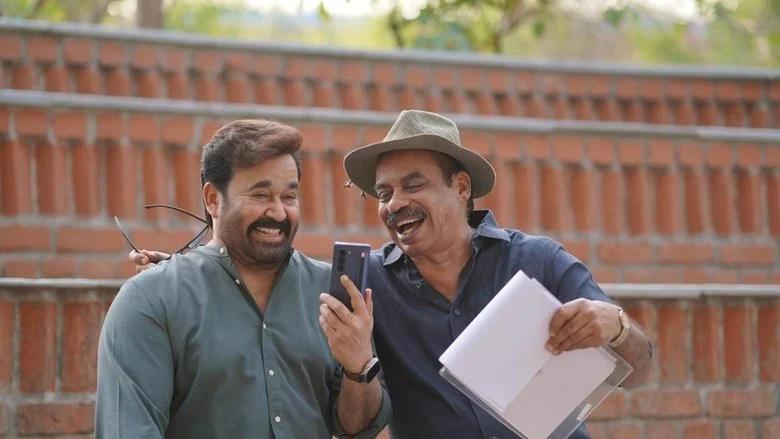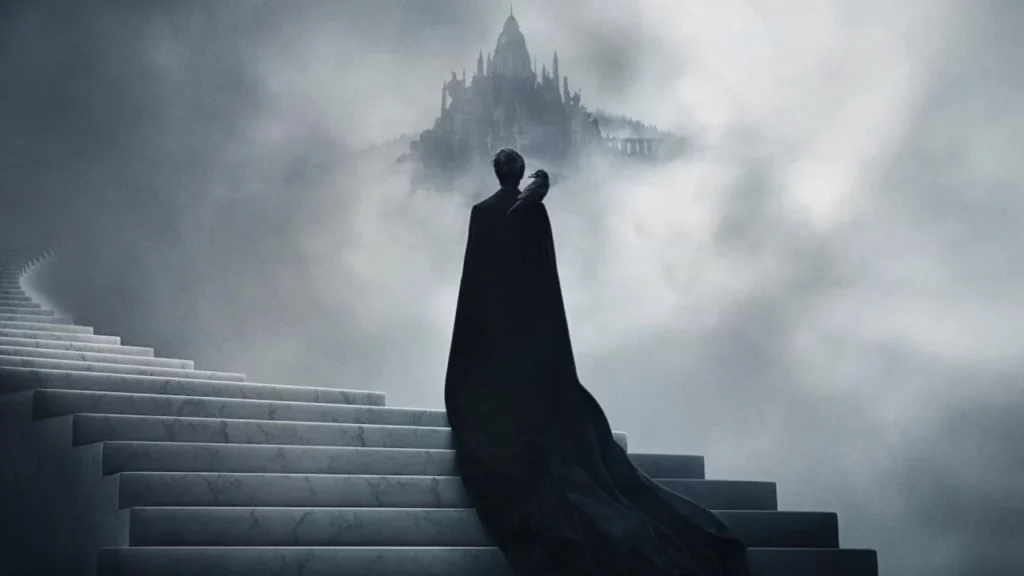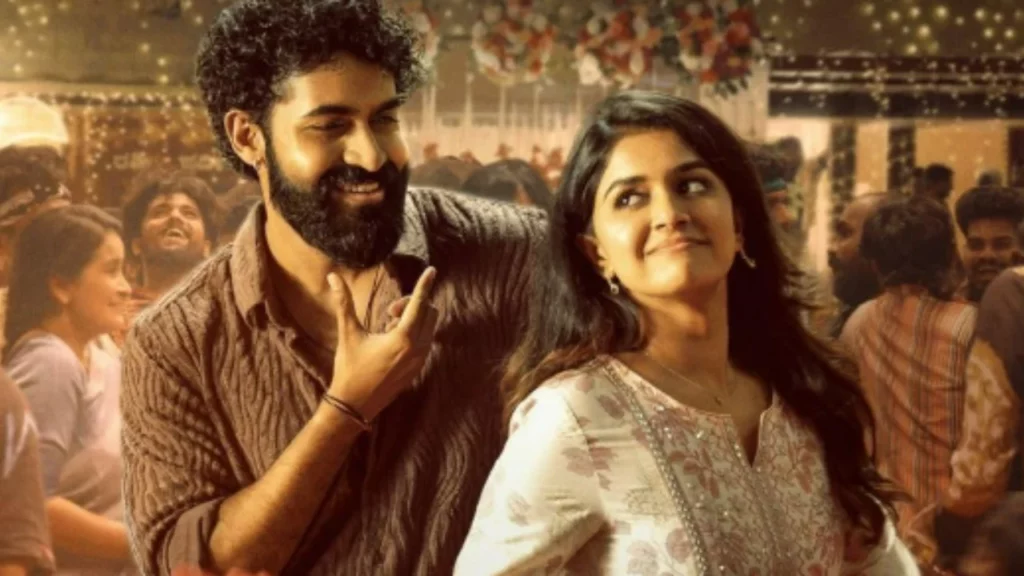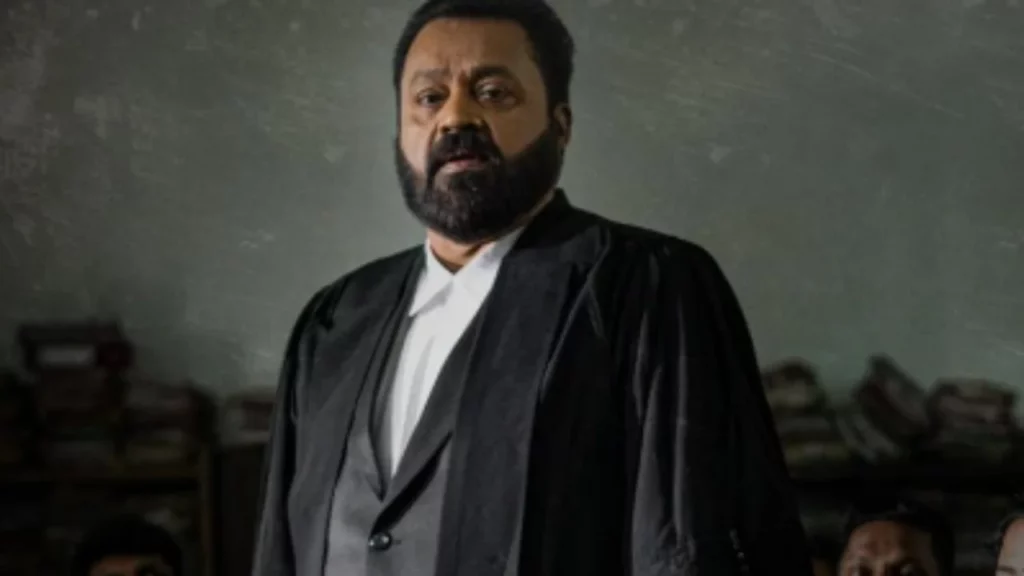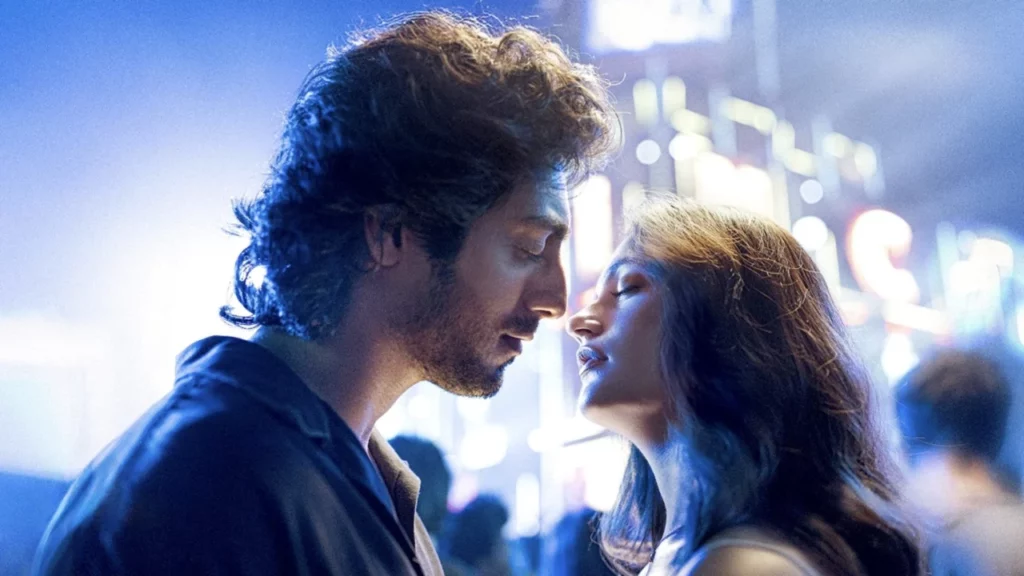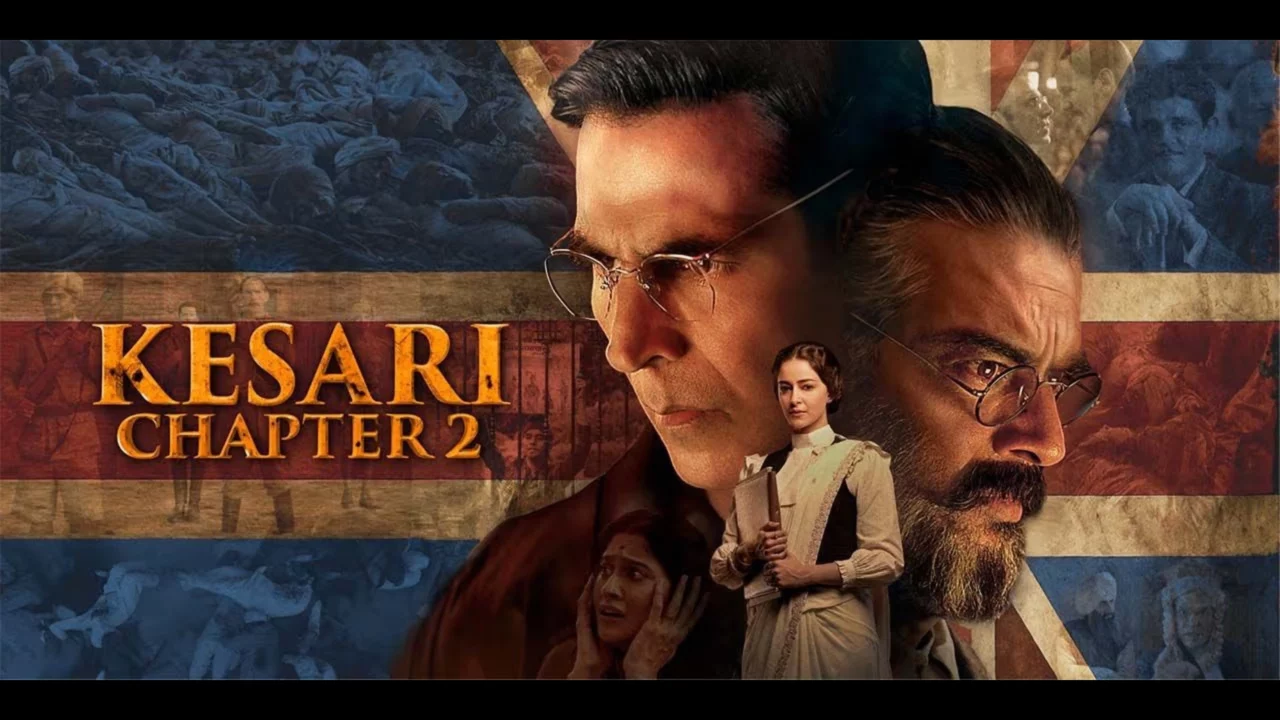
Kesari Chapter 2: The Untold Story of Jallianwala Bagh (2025) Movie: Akshay Kumar’s Courtroom Drama Hits Different This Time
Kesari Chapter 2: The Untold Story of Jallianwala Bagh stands as a bold historical courtroom drama that dares to revisit one of India’s darkest colonial chapters. Directed by Karan Singh Tyagi and backed by Dharma Productions, this spiritual sequel to the 2019 action film takes a completely different route, focusing on the legal battle that followed the horrific 1919 massacre.
The film brings together a stellar cast led by Akshay Kumar as the legendary barrister C. Sankaran Nair, with R. Madhavan, Ananya Panday, and Regina Cassandra in key roles. Released on April 18, 2025, marking the 106th anniversary of the Jallianwala Bagh tragedy, the film positions itself as more than entertainment, it’s a historical retelling of courage against colonial oppression.

Plot and Storyline
The story revolves around C. Sankaran Nair, a distinguished Indian barrister who uncovers the gruesome truth behind the Jallianwala Bagh massacre. The film transitions from depicting the tragedy to a gripping courtroom drama, where Nair battles the British establishment to prove that Jallianwala Bagh was cold-blooded genocide rather than riot suppression.
The screenplay takes creative liberties with historical events, weaving fictional elements into the real story. While the courtroom sequences form the backbone, the film also explores personal struggles of those involved in this historic legal battle.
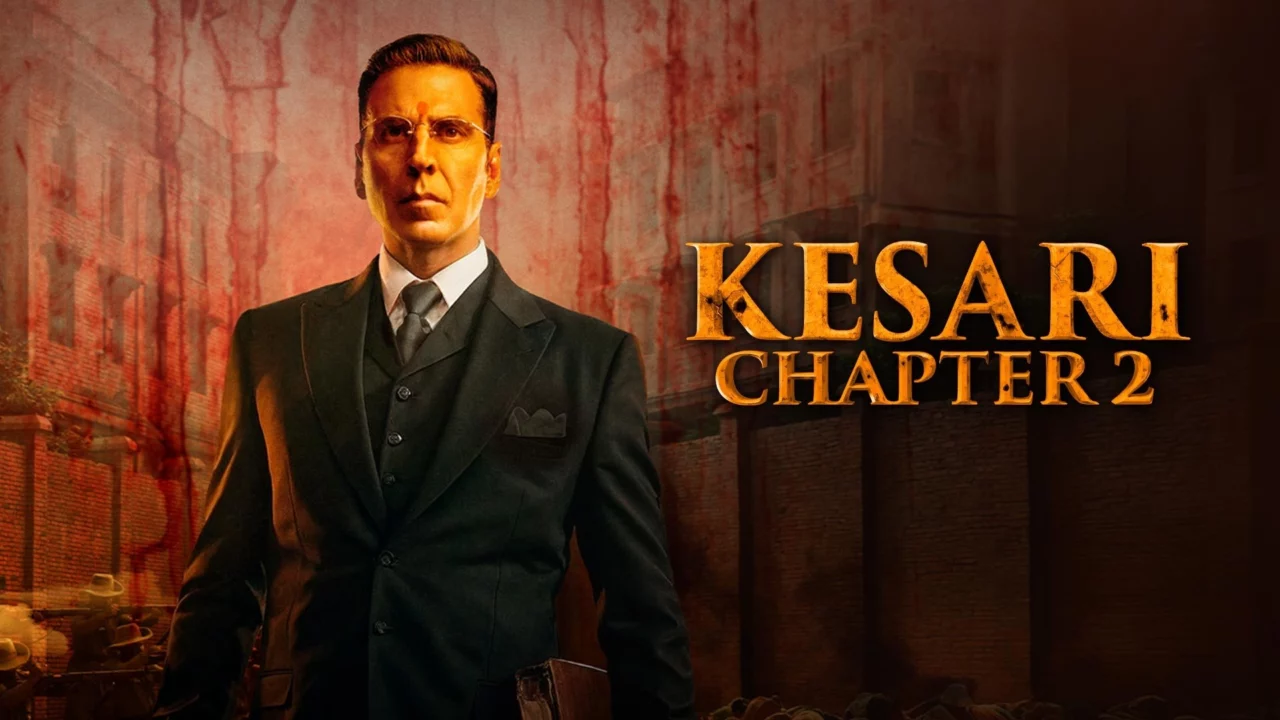
Cast Performance
Akshay Kumar delivers one of his most commanding performances as C. Sankaran Nair. His portrayal captures the determination and moral conviction of a man willing to challenge an empire for justice. I found his courtroom scenes particularly impressive, showcasing his ability to handle dramatic material with finesse.
R. Madhavan excels as Neville McKinley, displaying remarkable versatility. His performance effectively conveys the character’s shrewdness, frustration, and underlying insecurity, making him a worthy adversary in the legal proceedings.
Ananya Panday surprises with her mature performance, holding her own against the veteran actors. Despite being relatively new to such serious roles, she manages to avoid being overshadowed by Kumar and Madhavan’s powerful performances.
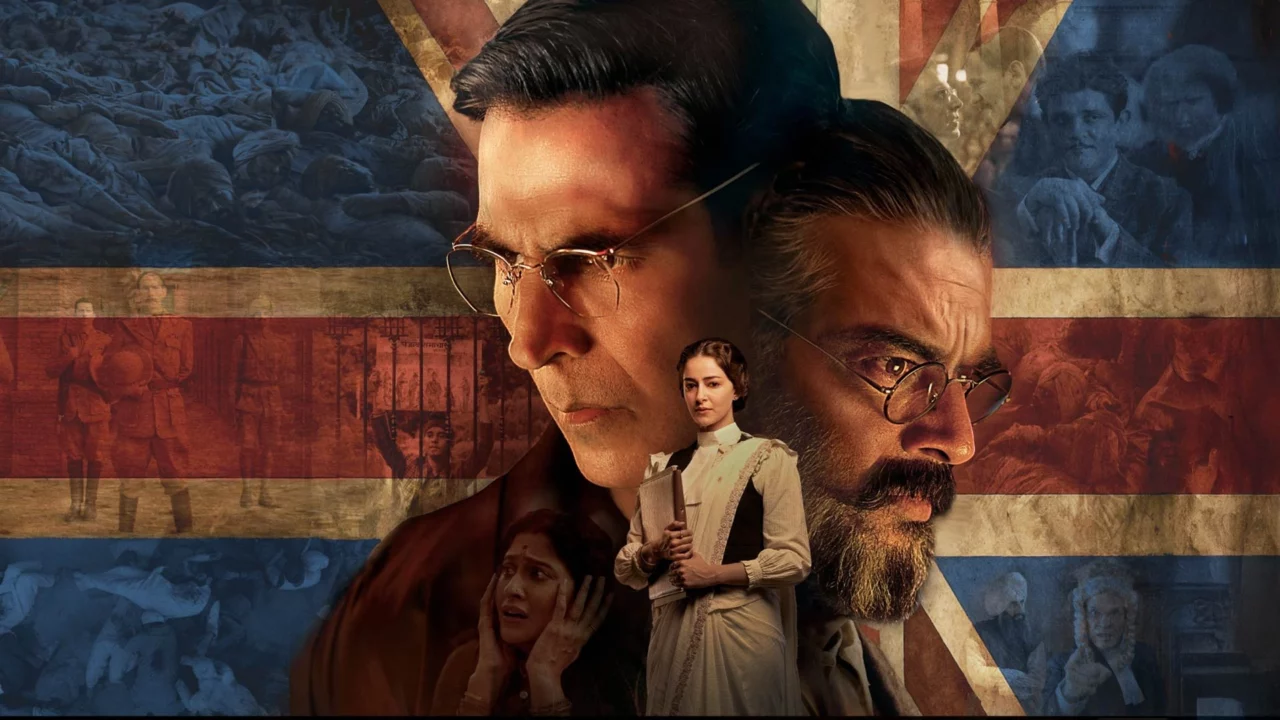
Technical Aspects
The film’s production values are noteworthy, with careful attention to period details and historical accuracy in costumes and set design. The cinematography captures both the grandeur of courtroom scenes and the somber reality of historical events.
The background score by Shashwat Sachdev complements the film’s serious tone without being overly dramatic. The music enhances emotional impact while maintaining historical authenticity.
Direction and Storytelling
Director Karan Singh Tyagi demonstrates ambition in tackling such a sensitive historical subject. The film’s strength lies in its well-crafted courtroom sequences, which are engaging and gripping. However, the narrative sometimes suffers from taking convenient creative liberties that may not appeal to purists.
The film’s patriotic moments, while emotionally stirring, occasionally overshadow the more nuanced aspects of the story. I felt the balance between historical accuracy and dramatic storytelling could have been better maintained.
What Works
The film succeeds in bringing attention to a lesser-known aspect of the Jallianwala Bagh tragedy, the legal battle that followed. The courtroom drama sequences are gripping with strong performances from lead actors. The film’s commitment to highlighting courage against colonial oppression is commendable.
The production design and period details create an authentic atmosphere that transports viewers to early 20th century India. The film makes a historical subject accessible to modern audiences through its engaging narrative structure.
Areas for Improvement
The film’s tendency toward over-the-top nationalistic beats sometimes undermines the gravity of the subject matter. Some sequences feel unnecessarily dramatic, potentially alienating viewers who prefer subtle storytelling. The graphic depiction of the massacre, while historically significant, could have been handled with more sensitivity.
The screenplay’s fictional elements, while adding drama, sometimes conflict with the film’s stated goal of presenting an untold story. I believe the balance between entertainment and historical accuracy needed more careful consideration.
Critical Reception
The film has received mixed to positive reviews from critics and audiences. The film holds an IMDb rating of 8.0/10, indicating strong audience appreciation. 123Telugu.com rated it 3.25/5, praising performances while noting areas for improvement.
Filmibeat gave it a 3.5/5, appreciating its gripping portrayal of the fight for justice. However, some critics noted that the film has a cavalier approach towards the past. Audience reviews have been largely positive, with many praising it as one of the best movies in 2025.
Public Response
The film has sparked important conversations about colonial history and the ongoing quest for justice. Many viewers appreciated the film’s attempt to highlight a lesser-known hero of Indian history. The timing of release, coinciding with the anniversary of the massacre, has added to its cultural relevance.
Social media responses have been mixed, with some praising the film’s patriotic fervor while others criticized its historical liberties. The film has succeeded in bringing attention to an important chapter in Indian legal history.
Final Verdict
Kesari Chapter 2 is an ambitious film that tackles a significant historical subject with mixed results. While it succeeds in delivering powerful performances and engaging courtroom drama, it falls short of being the definitive retelling of this important story.
The film works best when it focuses on the legal battle and the courage of those who fought for justice, but struggles when it veers into heavy-handed patriotic territory. Despite its flaws, the film serves an important purpose in bringing attention to a lesser-known aspect of Indian history.
For viewers interested in historical dramas and courtroom thrillers, it offers enough compelling moments to warrant a watch, though it may not satisfy those seeking a more nuanced approach to historical storytelling.
Rating: 3.2/5

